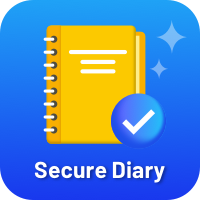-
Antivirus Tip: You should be wary of a website by the number of pop-up ads you see. The more you see, the greater chance of viruses.
-
Antivirus Tip: Invest in a strong spam filter. It not only prevents most phishing attempts, but can provide a small layer of protection from other viruses.
-
Antivirus Tip: Enable a screen password prompt. This limits access and gives you peace of mind.
-
Antivirus Tip: Limit the number of games you have on your device. They occasionally have click-bait ads that can be tempting, especially to children.
-
Antivirus Tip: When using social media, block any person or company that you do not wish to receive any interactions from.
-
Antivirus Tip: Do not text whilst doing an activity that requires your full attention, such as driving.
-
Antivirus Tip: Enable the data-saving option when using an internet browser. This loads only certain features on a website and avoid viruses downloading.
-
Antivirus Tip: Make a list of information that you would no share online and make it a habit.
-
Antivirus Tip: Don’t allow your child to open any social media accounts until they are at least 13 years old or can grasp the responsibility.
-
Antivirus Tip: On social media, never add anyone you do not personally know.
Antivirus Hub
R5 / day subscription













